|
|
|
|
Four Australian women are diagnosed with ovarian cancer a day and three will eventually die from the disease. It’s usually diagnosed late, because few women show symptoms until they have advanced cancer.
As a junior doctor in London in the mid-1980s, Ian Jacobs saw women undergo chemo and exhaustive surgery, only to suffer and die from the disease. Detecting it early, he hypothesised, should save lives. So he and his colleagues set out on a decades-long research project to do just this.
But the final trial data, published in The Lancet, deliver a devastating blow to women who had hoped to access an early detection tool, and for the researchers involved.
This isn’t the ovarian cancer story we hoped to bring you, but it’s an important one to tell. If you value our journalism, and hearing directly from researchers, consider making a donation to The Conversation today.
|
Fron Jackson-Webb
Deputy Editor/Senior Health + Medicine Editor
|

|
|

Shutterstock
Ian Jacobs, UNSW
I was motivated to improve the outcome for women with ovarian cancer by my experience as a junior doctor in London in 1985. But 36 years on, the results aren't what we'd hoped.
|
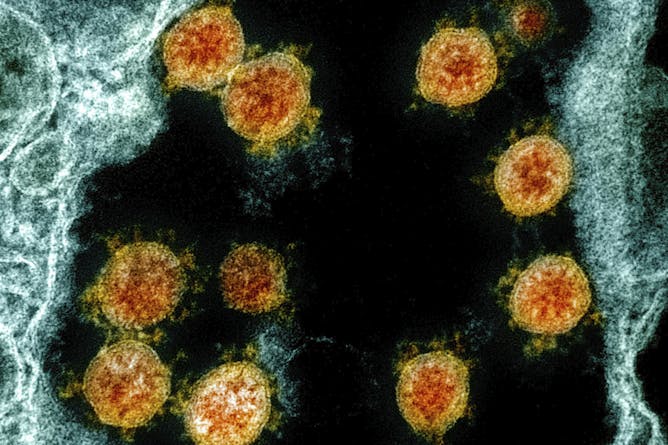
NIAID/NIH/AP/AAP
Nial Wheate, University of Sydney
While the results are very promising, it has only been tested in mice. Human clinical trials will take some time to complete before we know whether a drug could become available.
|

Shutterstock
Laura Fruhen, The University of Western Australia; Isabel Rossen, The University of Western Australia; Lisette Kanse, The University of Western Australia
Passing distance laws do change driver behaviour. But new research suggests not all the changes are positive.
|
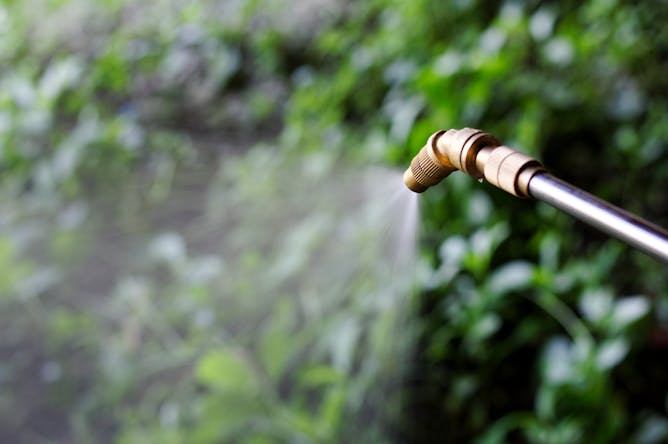
Shutterstock
Nedeljka Rosic, Southern Cross University; Joanne Bradbury, Southern Cross University; Sandra Grace, Southern Cross University
Paraquat's potentially lethal effects on humans are well known. But our research has found it also causes serious environmental damage.
|
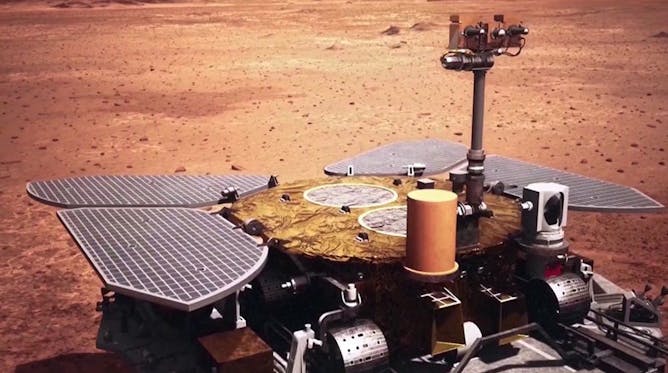
CNSA
Sara Webb, Swinburne University of Technology; Rebecca Allen, Swinburne University of Technology
China has fast-tracked its way onto the red planet, almost matching NASA's capability in a fraction of the time. Its Zhurong rover will become the first to measure Mars's magnetic field.
|
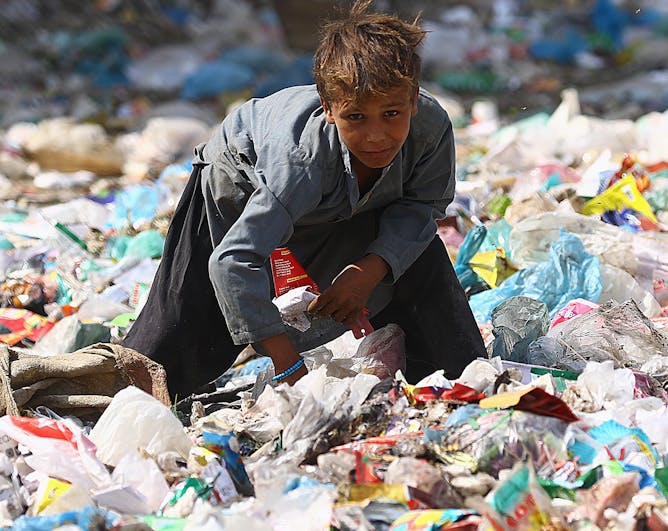
SHAHZAIB AKBER/EPA
Amrita Malhi, Australian National University
Many developing countries cannot free up public money to invest in economic stimulus packages. For them to join in the global recovery, they will need assistance.
|
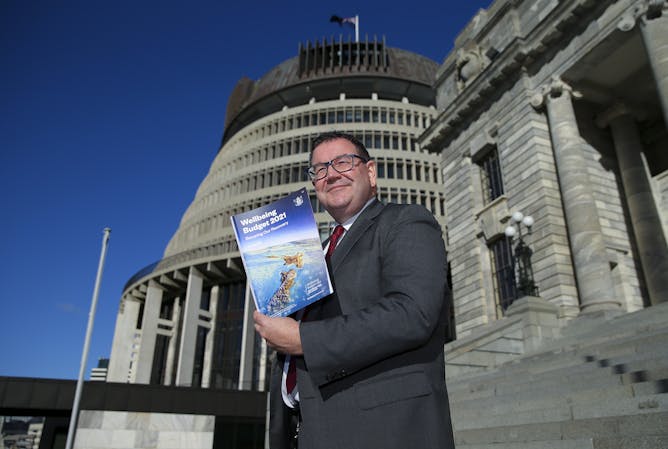
Finance Minister Grant Robertson with a copy of Budget 2021.
GettyImages
Kate C. Prickett, Te Herenga Waka — Victoria University of Wellington
The economic and emotional impact of COVID-19 has not been shared equally. Now is the time to start rebalancing that burden.
|
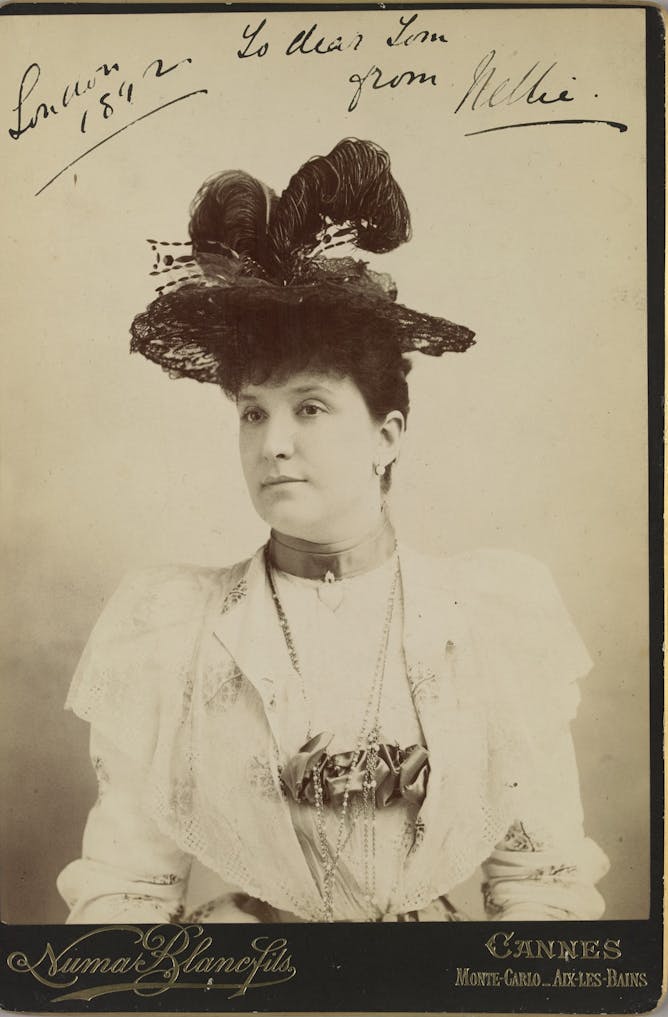
State Library Victoria
Rachel M Campbell, University of Canberra
She was a feted opera singer, and Australia's first celebrity. But there were many sides to Nellie Melba, a complex, clever businesswoman with a rather contemporary take on fame.
|
Environment + Energy
|
-
Gavin Mudd, RMIT University
In last week's budget, the federal government allocated money to restore the local environment around the mine. But it didn't disclose how much.
-
Ralph Sims, Massey University
Natural gas may still be cheaper than electricity in some cases, but the price of gas is likely to rise if New Zealand follows the Climate Change Commission's advice to shift to electrification.
|
|
Science + Technology
|
-
Gernot Heiser, UNSW; Lyria Bennett Moses, UNSW; Vanessa Teague, Australian National University
People have plenty of legitimate reasons to use encrypted communications platforms such as WhatsApp or Signal for their own security and privacy.
|
|
Politics + Society
|
-
Jagadish Thaker, Massey University
About half of New Zealand's Māori, Pasifika and Asian populations reported experiencing more racism and discrimination since the COVID-19 pandemic, compared to about a third of European New Zealanders.
-
Gregory Melleuish, University of Wollongong
A review of Question Time in the House of Representatives aims to make it more democratic and more edifying. But it's not the structure as much as the culture that needs fixing.
|
|
Arts + Culture
|
-
Ted Snell, Edith Cowan University
It takes time and money to create large scale sculptures. A new exhibition of works in cast concrete is testament to a remarkable philanthropic project.
|
|
Education
|
-
Lucas Walsh, Monash University; Blake Cutler, Monash University; Connie Cirkony, Monash University; Joanne Gleeson, Monash University; Mandy Gayle Salisbury, Monash University; Mark Rickinson, Monash University
A survey of 414 schools across four states has found most school leaders and teachers do not regularly draw on research-based evidence of the sort universities provide.
|
|
Business + Economy
|
-
Peter Martin, Crawford School of Public Policy, Australian National University
Had it not been for the global financial crisis e wouldn't have known what sudden overwhelming spending can do.
-
Jane Kelsey, University of Auckland
More countries, including a post-Brexit UK, are looking at joining the CPTPP free trade agreement. But the secrecy around negotiations makes serious analysis virtually impossible.
-
Mehmet Ulubasoglu, Deakin University
To understand the different economic impacts of natural disasters, we looked at 47 major floods and 36 major bushfires in Australia.
|
|
Health + Medicine
|
-
Catherine Bennett, Deakin University
It's feasible to bring home at least some of the COVID-positive Australians stranded in India. Here's how we can do it while keeping infection risk at a minimum.
|
|
| |
Featured jobs
|

|
|

|
— Canberra ACT, Australia
|

|
— Townsville QLD, Australia
|

|
— South Wharf VIC, Australia
|
|
|
|
| |
| |
| |
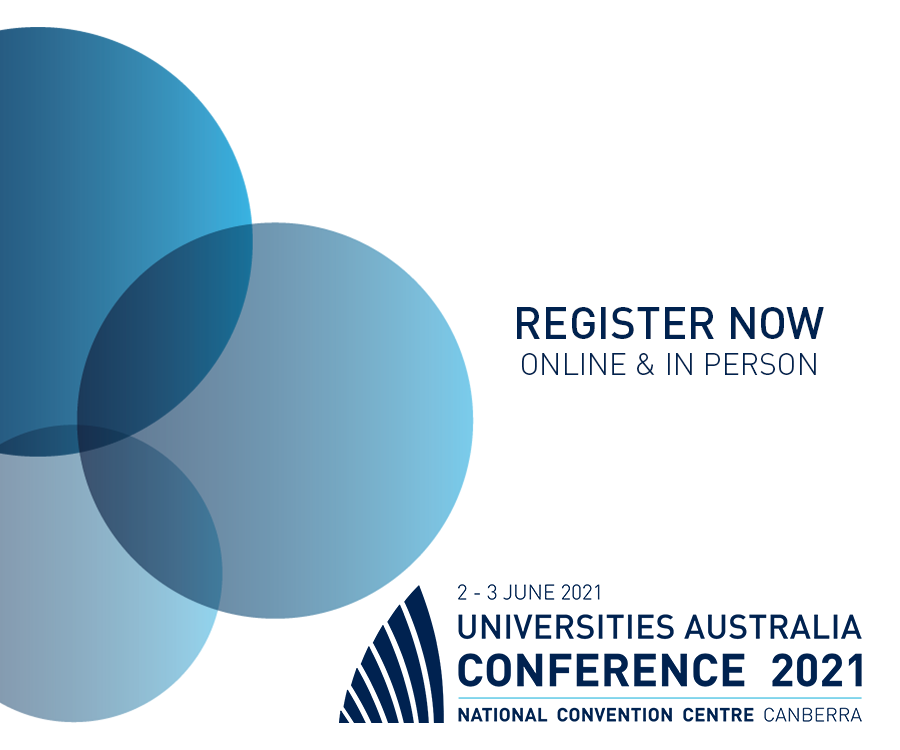
|
| |
| |
| |
Featured Events & Courses
|

|
191 Boundary St, West End, Queensland, 4101, Australia — The Conversation
|

|
online webinar, Perth, Western Australia, 6009, Australia — The University of Western Australia
|

|
Online Webinar, Hobart, Tasmania, 7000, Australia — University of Tasmania
|

|
Online livestream , HOTA, Gold Coast & Griffith University, Queensland, 4111, Australia — Griffith University
|
|
|
|
| |
| |
| |
| |
| |
|
|
|
|
|
|
|